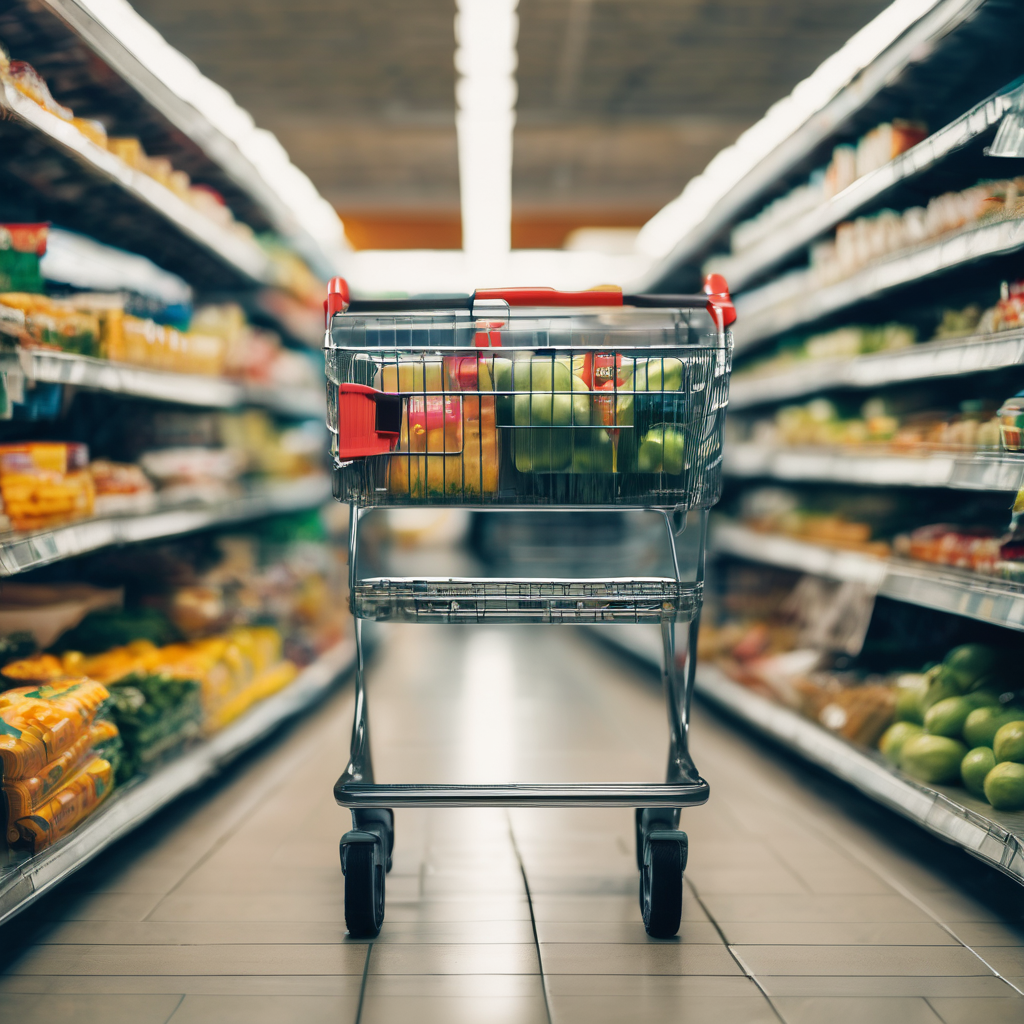U.S. states have alerted food aid recipients that their benefits may not be disbursed in November if the ongoing federal government shutdown extends into its fourth week. This warning, which has been posted on the websites of at least two dozen states, signifies a potential disruption for over 41 million recipients of the Supplemental Nutrition Assistance Program (SNAP), as well as nearly 7 million participants in the Special Supplemental Nutrition Program for Women, Infants and Children (WIC).
The continuation of the shutdown could exacerbate existing hunger issues in the United States. This year, the Trump administration had already reduced federal funding for food banks and introduced stricter work requirements for SNAP, raising concerns about the potential for many families to lose access to essential food assistance. As highlighted by Minerva Delgado, director of coalitions and advocacy at the Alliance to End Hunger, “Families are going to be hurt by this should it continue at a time we know families are struggling to make ends meet.”
States like Minnesota, California, Pennsylvania, and Texas have indicated that the November benefits may not be processed if the shutdown persists, prompting representatives from multiple anti-hunger organizations and food banks to prepare communities for these potential disruptions. Chris Bernard, CEO of Hunger Free Oklahoma, noted that without the benefits, more families would likely skip meals or compromise on necessary payments, further heightening their struggles.
An Agriculture Department spokesperson referred to the imminent risk to food aid as an “inflection point for Democrats,” amidst a political landscape marked by blame-sharing between Democrats and Republicans, particularly regarding health insurance costs and the impacts of the ongoing shutdown, which has become the second longest in U.S. history. Agriculture Secretary Brooke Rollins emphasized the urgency of reaching an agreement, warning that without a deal to reopen the government by November, SNAP benefits could cease entirely.
Food banks across the affected states are already reporting increased demand as they attempt to bolster fundraising efforts. However, many are struggling to meet the escalating needs of the communities they serve. Jim Conwell, vice president of communications for the Greater Chicago Food Depository, remarked, “We’re already serving more people than before COVID.”
Typically, food aid continues during federal shutdowns due to contingency plans by the USDA, but this time, communication has been markedly limited. Following instructions from the USDA, states have delayed sending benefit information to their processors, leading to an uncertain outlook for November distributions. While the USDA holds around $5 billion in contingency funds that could partially cover SNAP benefits, there is no indication whether they will utilize these funds for upcoming disbursements.
The Trump administration had previously allocated about $300 million from tariff revenue to support October’s WIC benefits, but it remains unclear if similar measures will be applied for November, which could result in historic disruptions to WIC services, according to Georgia Machell, CEO of the National WIC Association.
The situation remains critical, but it may also serve as a catalyst for renewed community solidarity as families and local organizations unite in support of one another during these challenging times. The possibility of increased collaboration among food banks, anti-hunger advocates, and governmental agencies to address the heightened need could very well emerge as a hopeful response to the crisis.
